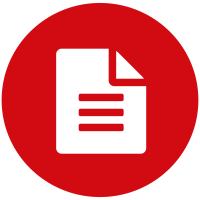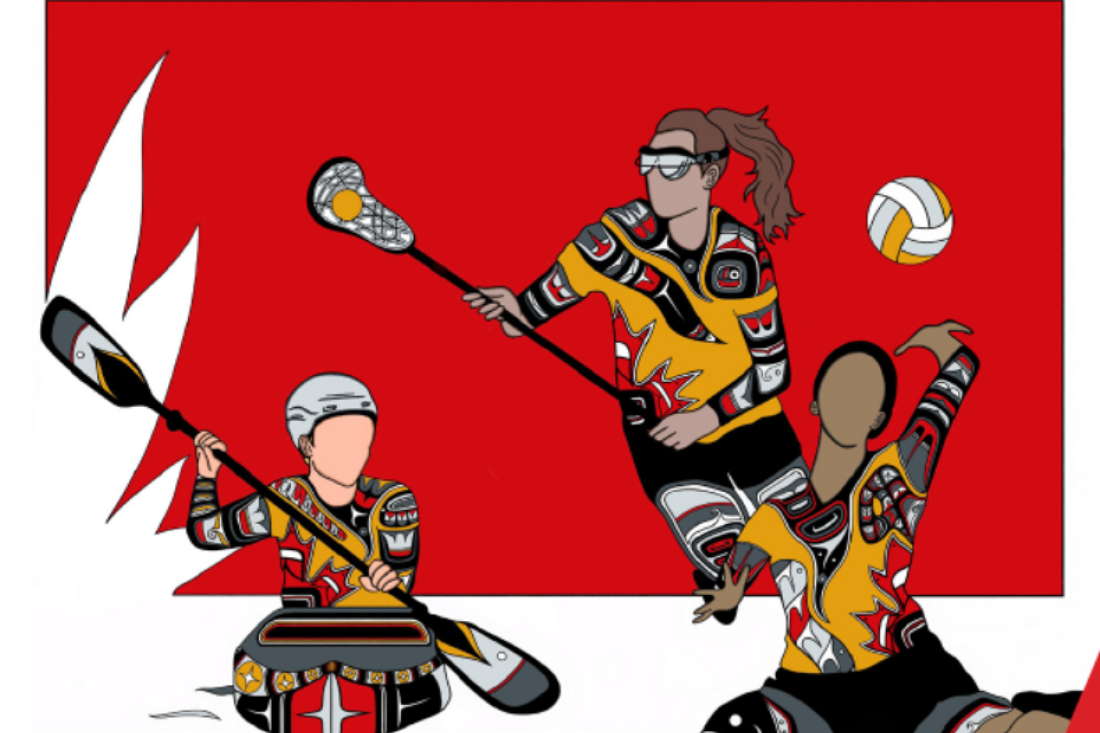
Filed under:
Canadian Journal for Women in Coaching
Coaching Mothers in Canadian Sport: Cultural Realities and Paths Forward
Filed under:
Equity, Diversity and Inclusion
Women in Coaching
Adding an important new dimension to the discussion, Jill examines the particular situation of coaching mothers. Building on the Journal’s body of literature, she paints a disturbing picture of coaching mothers continuing to be constrained by “powerful assumptions” about ‘good motherhood.’ Her solution: … “small, actionable steps that can move culture forward without waiting for budgets, policies, or systems to be rebuilt.”
